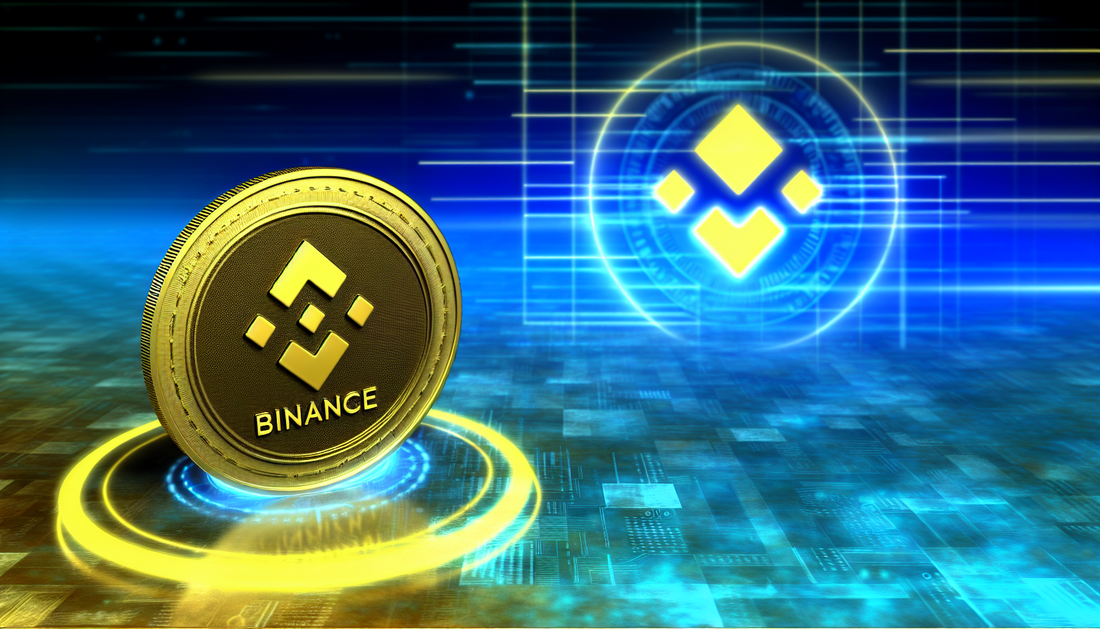
BNB Unveiled: Comparing Binance Coin with Rivals
Share
BNB vs. Rivals: An In-Depth Comparison of Binance Coin
Binance Coin (BNB) has steadily gained traction in the cryptocurrency market, but how does it stack up against its rivals? As a native token of the Binance Exchange, BNB offers various utilities such as transaction fee discounts, participation in token sales on Binance Launchpad, and much more. However, it's worth comparing this prominent crypto asset against other ecosystem tokens like Ethereum (ETH), Cardano (ADA), and Solana (SOL) to grasp its competitive stance.
Utility and Ecosystem
BNB's primary use case lies in its integration within the Binance ecosystem. Users benefit from reduced trading fees when using BNB to pay for transactions on the Binance Exchange. Additionally, BNB serves as gas in the Binance Smart Chain (BSC), a blockchain allowing developers to create decentralized applications (DApps). In contrast, Ethereum’s ETH powers the most widely used blockchain for DApps and smart contracts. With Ethereum's robust ecosystem, developers gravitate towards its proven platform despite higher fees and slower transactions compared to BSC.
Scalability and Speed
The scalability of BNB on BSC showcases significant strengths with faster transaction times and lower fees compared to Ethereum. Solana, another competitor, brags about its high-speed transactions and minimal fees, making it attractive for projects requiring quick execution. Cardano, with its focus on a research-driven approach, emphasizes scalability and security but remains in development phases for many of its advanced features. The quick execution that BNB offers is one of its appealing aspects, though it competes closely with Solana, and stands distinct from the research-oriented Cardano.
Adoption and Market Position
BNB's market presence is primarily bolstered by Binance's extensive user base and promotional activities. Its adoption is thereby closely tied to Binance platform growth, unlike Ethereum, which stands strong due to its widespread adoption across various industries and experiences developer interest for real-use cases. Cardano and Solana are forging specific niches but have yet to show adoption levels comparable to Ethereum or Binance's ecosystem.
Governance and Decentralization
One critique of BNB is regarding Binance's centralized control, which some purists argue contradicts the decentralized ethos of blockchain technology. Ethereum's community-led development model fosters decentralization, though it's facing scalability issues. On the other hand, Cardano's use of formal verification and a strong governance structure aims for balanced decentralization, and Solana's strategic decentralization efforts with its validator network also aim at community engagement.
For those looking to dive deeper into cross-functional blockchain technology, alternatives like SEI Network offer appealing research perspectives.
Interested in exploring Binance Coin further? Consider registering via Binance to explore the benefits yourself.
